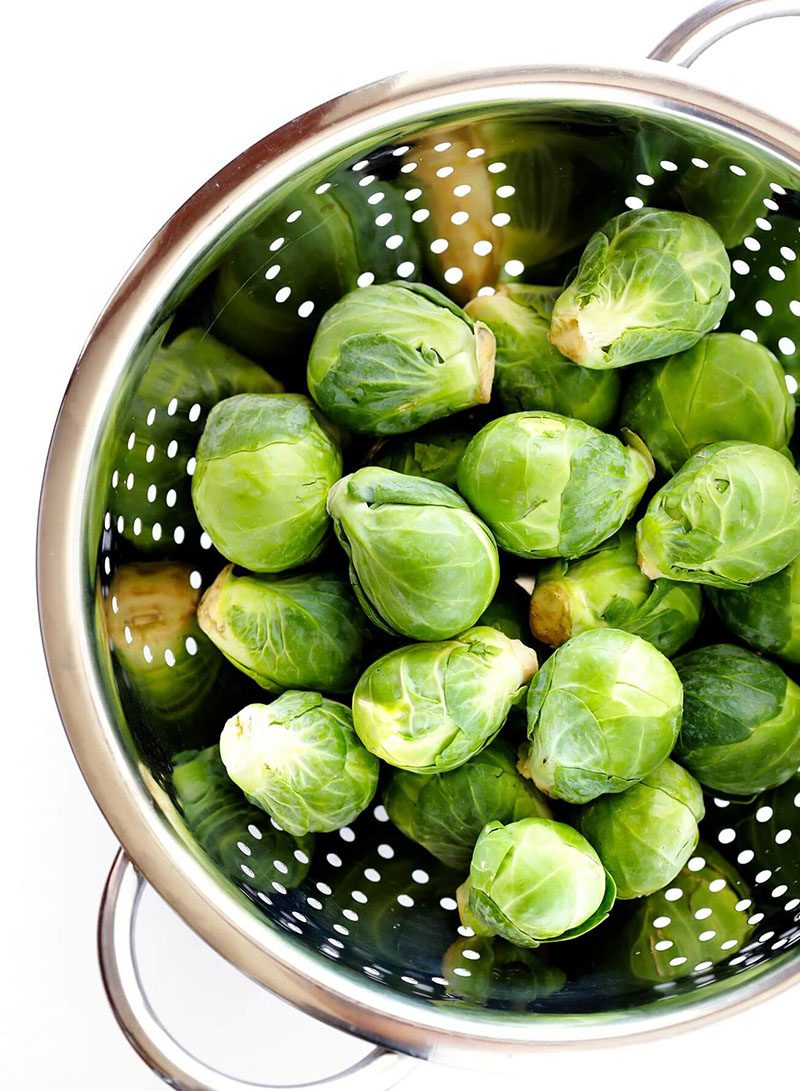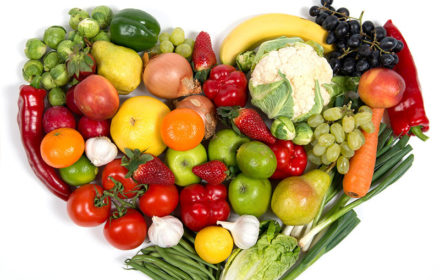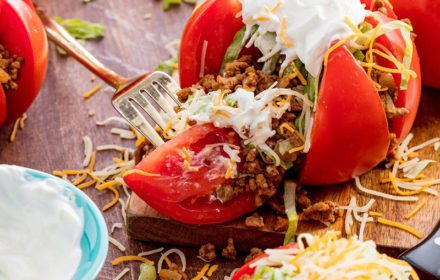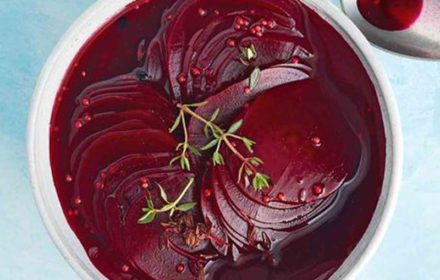4 Interesting Facts about Brussels Sprouts
If there’s one food that is synonymous with Christmas, it’s not the turkey, it is actually the humble Brussels sprout.
It’s safe to say that Brussels sprouts are a very polarizing veggie at Christmas, as some people can’t get enough of them, whereas others can’t stand them. If you grow them yourself and prepare them properly, sprouts are lightyears away from the overboiled, bland, tasteless mush you get from supermarkets. Blanched, then fried in a herb butter with bacon and chestnuts, they simply cannot be beaten.
As the festive season is now upon us, we’re making the humble Brussels sprout the star of the show today, as we’ll be looking at several interesting facts about sprouts which you likely weren’t aware of.
Brussels sprouts are very healthy
Not only are sprouts delicious (seriously, try them as we mentioned in the intro and you’ll agree) but they are also very healthy for you.
Sprouts, which are a member of the Brassicaceae family and are related to veggies such as cauliflower, kale, and collard greens, are loaded full of nutrients including vitamin K, vitamin C, vitamin A, and minerals such as manganese and iron, along with antioxidants.
As a result of this, they can benefit the human body in a whole host of different ways. From assisting with the clotting of blood thanks to the vitamin K, to boosting immunity thanks to the vitamin C and other antioxidants, sprouts really are one of the healthiest veggies you could wish for.
Just to note, if you fry them in heaps of butter and bacon, they’re not going to be as healthy. Delicious, yes, but not as healthy.
Brussels are biennial plants
In most countries, Brussels sprouts are grown and harvested just once a year, primarily so that they’re ready for the festive season.
In reality, however, Brussels are biennial plants, which means that they should be grown and harvested every other year. If kept for two seasons, the plants will produce pretty yellow flowers with four petals.
Despite being biennial, they’re very easy to grow at home, and take it from us, they’ll be worth the wait if you do decide to grow them yourself.
Brussels sprouts have broken records
This next fact about Brussels sprouts might not be particularly important, but it sure is interesting.
If you scour the Guinness Book of World Records, you’ll find many records associated with sprouts. One that stands out however, is one held by a Swedish man called Linus Urbanec.
Back in 2008, Linus achieved the World Record of the most sprouts eaten in one minute, chowing down an impressive 31 sprouts in just 60 seconds.
Why the smell?
As you may have noticed, if you boil a sprout until grey and mushy, it will smell, well, not exactly nice. But why the rotten smell?
Sprouts contain sulphur, which smells like egg. Specifically, sprouts contain a compound known as glucosinolate sinigrin, which is where the sulphur comes from. Cooking the sprouts releases this compound, and the more the sprouts are cooked, the stronger the smell becomes.




